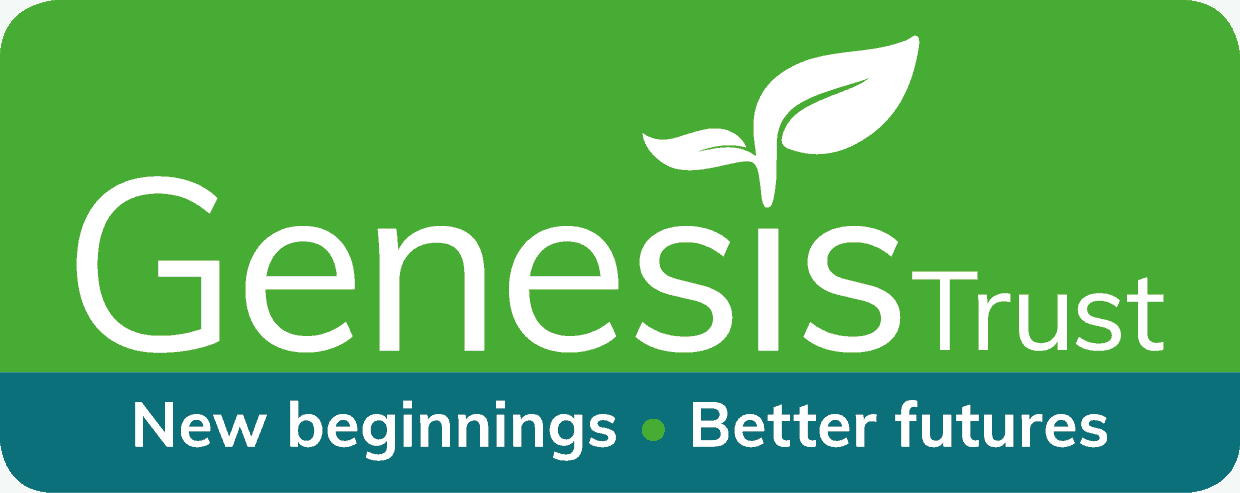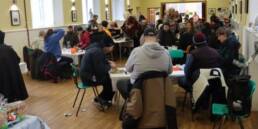What comes to mind when you hear the word “homelessness”? Chances are you’ve pictured a person on the street, perhaps asking for money or sleeping rough.
In reality, rough sleepers are only a small part of the homeless community. In this sense a rough sleeper is a homeless person, but a homeless person is not necessarily a rough sleeper.
Different measures of homelessness
Figures on homelessness vary according to how narrow (or broad) a definition is taken. These distinctions are important in order to understand how the problem looks through different lenses.
Rough sleepers are people counted by local authorities at street counts and categorised as sleeping rough. This is commonly referred to as “street homelessness”. In Autumn 2018, 20 people were found to be sleeping rough in Bath. However, it is only a snapshot at a specific point in time.
Statutory homeless refers to the people found eligible for help under relevant homelessness legislation, and generally forms the basis of official statistics. One limitation with this measure is that it only includes ‘priority need groups’.
Non-Statutory homeless refers to the people in hostels and temporary accommodation. There is no official register so estimating these numbers is difficult.
The “hidden” homeless measure is similar to the non-statutory approach but relates to “unofficial” temporary accommodation such as squatting or sofa surfing.
The divergent statistics on homelessness present a challenge: how do you solve a problem if you don’t know the scale of it? Are some people more “worthy” of help than others? Or should we treat everyone the same?
The need for a holistic approach
There is an inherent problem with deeming who is more “worthy” of help. If you’re only supporting rough sleepers or the statutory homeless then you’re only dealing with the symptom of homelessness not the cause.
At Genesis, we understand the need for a holistic approach to homelessness, one that recognises street homelessness is only one aspect of a much larger problem.
Genesis receives no government funding, so we are not constrained by statutory procedure. We can support people at different levels of homelessness, whether through our drop-in centre Lifeline, our food-based projects such as Soup Run, or our creative and practical workshops at Life Skills.
Too often homeless people feel reduced to numbers in these measures, deemed as a ‘problem’ which needs to be solved. At Genesis we move beyond that by appreciating the unique gifts that every individual brings, building personal relationships alongside practical support and guidance.
For more stories like this, please sign up to our monthly e-newsletter.
Sources: Clarke et al. (2015), Homeless Link (2018).



